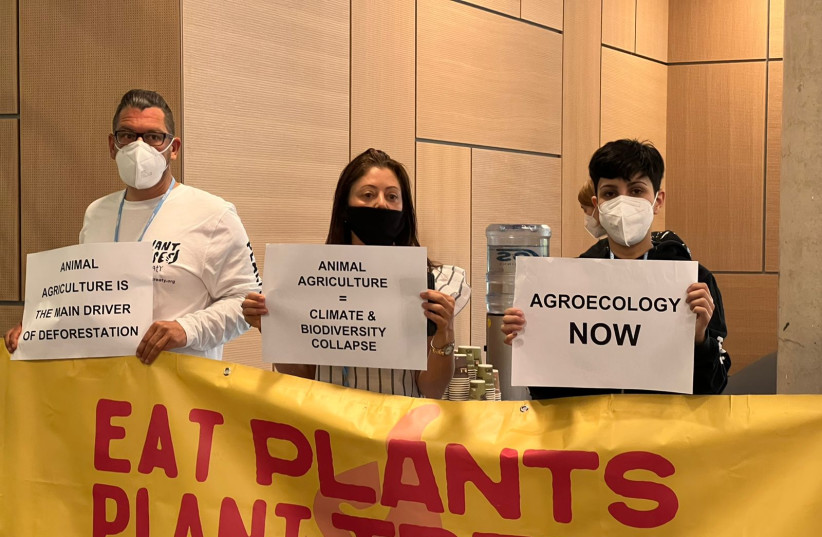Climate impact labels on foods such as red meat are an effective way to get people to stop choosing options that have a negative impact on the planet, according to new research.
Researchers at Johns Hopkins School of Public Health and Harvard University found that placing labels on foods sold at fast food restaurants explaining to consumers of the negative impact of the production of such foods on the planet can change consumer buying habits. The findings, published in the peer reviewed JAMA Network Open, were conducted using an online survey using a fictional restaurant to examine consumer food buying choices.

“Animal-based food production, primarily driven by beef production, is responsible for 14.5% of global greenhouse gas emissions and is an important modifiable contributor to climate change."
Study authors
Participants in the study were shown a fast food menu and asked to choose one item they would like to order for dinner. Menus were randomly shown to the participants with one of three labels: a quick response code label on all items (control group); green low–climate impact label on chicken, fish or vegetarian items (positive framing); or red high–climate impact label on red meat items (negative framing).
The low–climate impact condition menu said: “This item is environmentally sustainable. It has low greenhouse gas emissions and a low contribution to climate change.”
Meanwhile, the high–climate impact condition menu stated: “This item is not environmentally sustainable. It has high greenhouse gas emissions and a high contribution to climate change.”
Compared with participants in the control group, 23.5% more participants selected a sustainable menu item when menus displayed high–climate impact labels and 9.9% more participants selected a sustainable menu item when menus displayed low–climate impact labels.
Participants who selected a sustainable item rated their order as healthier than those who selected an unsustainable item, according to study results.
The study authors said: “Animal-based food production, primarily driven by beef production, is responsible for 14.5% of global greenhouse gas emissions and is an important modifiable contributor to climate change.
“In the United States, meat consumption, red meat consumption in particular, consistently exceeds recommended levels based on national dietary guidelines. Shifting current dietary patterns toward more sustainable diets with lower amounts of red meat consumed could reduce diet-related greenhouse gas emissions by up to 55%.”
The Environment and Climate Change portal is produced in cooperation with the Goldman Sonnenfeldt School of Sustainability and Climate Change at Ben-Gurion University of the Negev. The Jerusalem Post maintains all editorial decisions related to the content.
